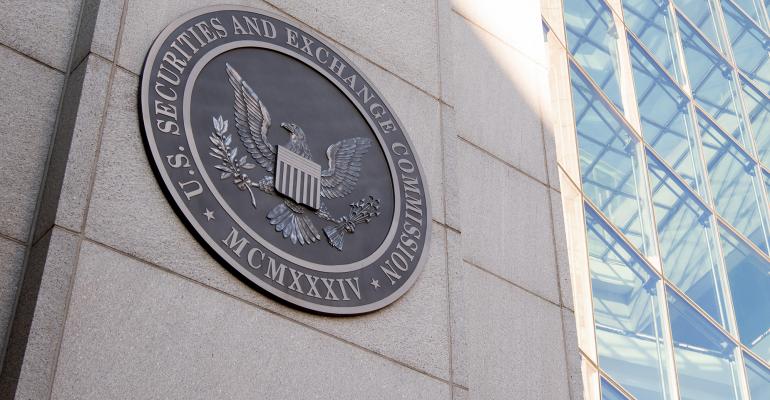Four years into this SEC regime, a wave of regulatory changes will crash on RIAs. Among this wave, two significant rules stand out: the Outsourcing Rule and the proposed FinCEN AML Rule. While these regulations are designed to enhance transparency, accountability and security within the industry, they come at a cost—both in terms of time and money—for RIAs.
The Outsourcing Rule, introduced by the SEC, demands that RIAs exercise heightened diligence when engaging third-party service providers. Under this mandate, RIAs must thoroughly vet, oversee, and document their relationships with outsourced entities to safeguard client interests. The objective is clear: to mitigate potential risks and ensure that outsourced functions align with regulatory standards. However, compliance with this rule entails a significant investment of time and capital, as RIAs must dedicate considerable efforts to due diligence, ongoing monitoring and regulatory reporting.
Similarly, the proposed FinCEN AML Rule casts a net of entirely new compliance obligations over RIAs, expanding Anti-Money Laundering requirements to cover their operations more comprehensively. This rule mandates rigorous customer due diligence, suspicious activity reporting, and robust AML program implementation. While the overarching goal is to fortify the financial system against illicit activities, the road to compliance is paved with challenges. RIAs must invest in enhanced due diligence procedures, employee training and sophisticated monitoring systems to meet these stringent AML requirements.
Compliance with both rules is no small feat, and the consequences have never been more significant. With the Outsourcing Rule, advisors must demonstrate a master understanding of every partner, vendor and firm they work with. Advisors will need to be ready, willing, and able to change any of those third parties at a moment’s notice if they have reason to believe they are not meeting specific standards.
The AML Rule takes this further, subjecting RIAs to potential criminal liability for failure to prevent money laundering or terrorist financing. AML rules have been around for decades, starting with the Bank Secrecy Act in 1970 and undergoing significant revisions with the MLCA of 1986 and the Patriot Act of 2001. But never before have RIAs been subject to this level of oversight, compliance and consequence.
In light of these regulatory headwinds, advisors should make haste in considering how much free time they have to start complying with new regulations. And when it comes to complying, do they have the right partners to weather the storm, or are they sailing against the wind? As the compliance burden grows, RIAs must evaluate whether their service providers are facilitators or impediments to their success. Are these partners streamlining operations, freeing up valuable time for meaningful work, or are they adding layers of complexity, diverting attention from core responsibilities?
In the era of heightened regulation, the choice of partners becomes pivotal. RIAs are wise to find alliances that enhance their agility, resilience and competitive edge in the face of evolving regulatory landscapes. The right partners should serve as enablers, not encumbrances, empowering RIAs to thrive. And for advisors that don’t feel they have the right partner but aren’t sure where to start, the answer is simple: technology.
Compliance with federal law isn’t rocket science (unless you’re SpaceX). Record keeping, ongoing monitoring, reporting, due diligence, OFAC screens and employee training have all been commoditized into easy-to-use, off-the-shelf solutions. This should be a helpful reminder to think through an entire tech stack to determine if advisors have the right partners to make their lives easier.
If an advisor is not exclusively spending time servicing clients or finding new ones, she probably doesn’t have the right stack. Fortunately, RIAs have about a year to get into compliance before all these rules take effect, so there’s no better time to start looking than now!
Mazi Bahadori is CCO and COO of Altruist.





